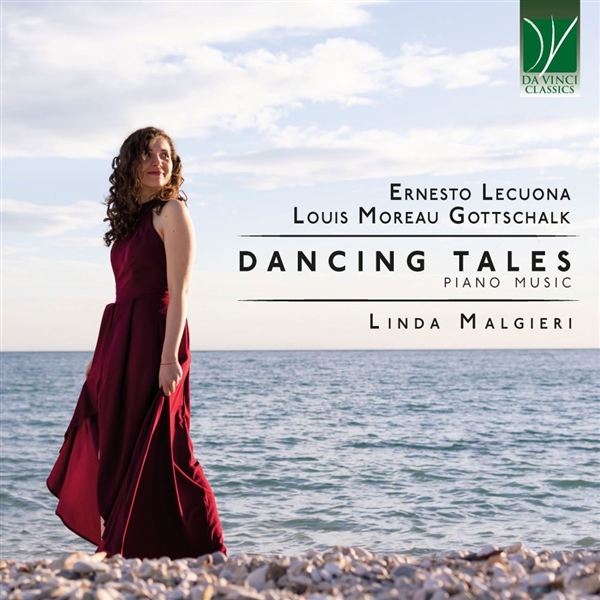
Malgieri, Linda
Ernesto Lecuona, Louis Moreau Gottschalk: Dancing Tales
The dominance of rhythm in African and African-derived music is the pillar of this journey across piano pieces by Ernesto Lecuona and Louis Moreau Gottschalk, deriving from the combination of long melodic lines, often related to popular songs, with Caribbean and, in particular, Afro-Cuban rhythms. These are shown not only in the bass line, resembling drums and percussions, but in each rhythmic layer and in the melody itself. Each piece tells a story that evokes the spirit and energy of the composers' native lands, Cuba and Louisiana, reflecting their historical and cultural landscape characterised by multifaceted influences. Lecuonas pieces have a powerfully evocative style, and often portray scenes of daily life. From Cuban tales, the musical narrative proceeds with the so-called Louisiana Quartet by Louis Moreau Gottschalk, who captures the soul of the people from 9th century Louisiana, the melting pot of Creole, Afro-American and Caribbean cultures, in piano arrangements of Creole popular songs, reminiscences of his childhood in New Orleans. Written during his early period in Europe between 1844-1849, the four pieces show the composer's exposure to Afro-Cuban influences prior to encountering African-derived music in the Caribbean and South America.